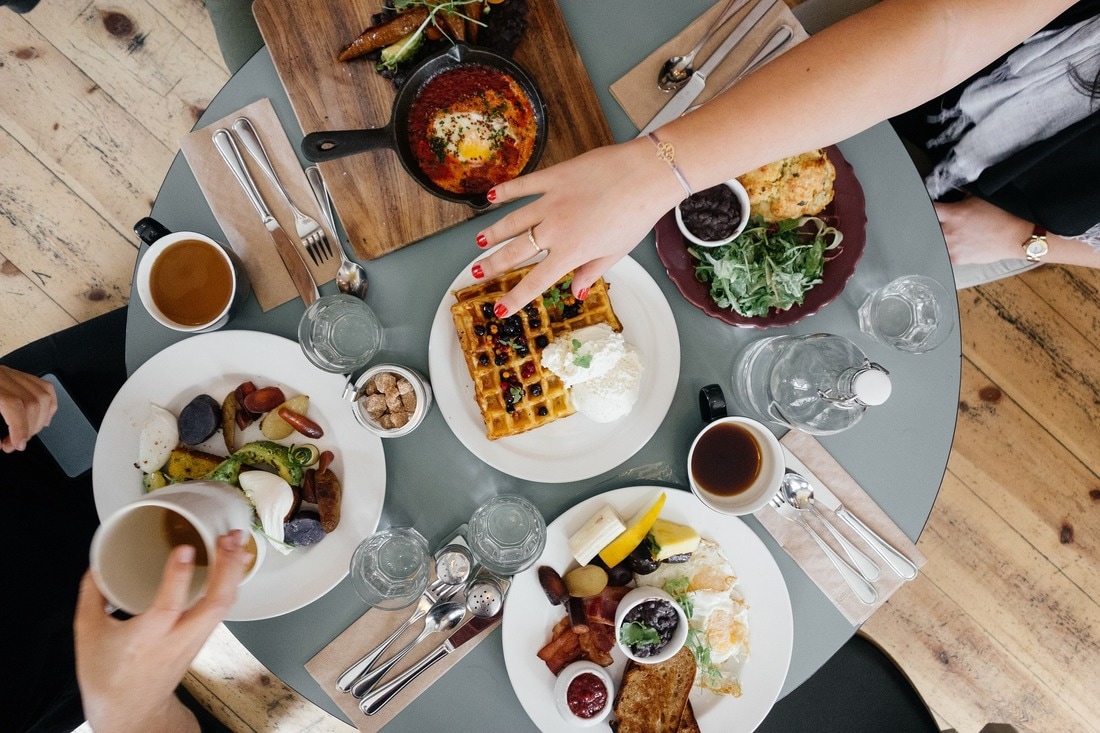|
INTERNATIONAL -- It was once a rare treat to get dressed up and go out to a fancy restaurant for dinner.
Also read, New Report Explores Changing Food and Beverage Consumption in Canada. But eating out has become so commonplace that three-quarters of us no longer make any effort. The three-course meal is falling out of fashion, as people rush to restaurants for a bite to eat, planning it minutes ahead rather than weeks in advance, and increasingly dining alone. Researchers at Manchester University found that in just two decades a meal out has become nothing special. Eating has moved out of the home and into cafes and restaurants, as people can arrange impromptu get-togethers on their mobile phones. Often a meal out at a carvery or local Italian simply seems like the cheaper and easier option, with no cooking or dishes involved. The findings, from a survey of more than 1,100 people in three British cities in 2015, compared to similar research in 1995, will today be presented at the annual conference of the British Sociological Association. Lead author Dr Jessica Paddock, from Manchester University’s Sustainable Consumption Institute, said: ‘We saw from the survey that people now sometimes see eating out as a more ordinary event. ‘It is impromptu, after a day at work, as well as being for special social occasions such as birthdays and anniversaries. ‘They can go out because they don’t have any food in the fridge, and it might be that this is happening because there are so many simpler types of food available as well as three-course dinners, and a range of different choices of restaurants.’ The way in which people eat out has changed dramatically in just two decades, according to the study published in the journal Appetite. While 39 per cent of people dressed up to go out for dinner in 1995, that has fallen to less than a quarter. In 1995, 29 per cent of people said their most recent restaurant trip was for a special occasion – a proportion which has now slumped to 26 per cent. Perhaps happily for our bulging waistlines, going out to eat no longer necessarily means three courses. The third of people who had a starter and dessert with their evening meal in 1995 now stands at 22 per cent. The survey reveals that British food is still the nation’s favourite, closely followed by Italian and Indian, and people are not necessarily choosing new kinds of trendy cuisine. But the study notes: ‘The use of restaurants and cafes has increased steadily over the last 50 years. ‘Although modern life sometimes demands that meals be eaten away from home, the rise in eating out in the West is mostly a matter of discretion rather than necessity.’ Dr Paddock, who looked at people in London, Bristol and Preston, said the frequency of people eating out has not really changed and the trend is not being driven by laziness or a decline in home cooking. But, where almost all meals out, even as recently in the nineties, were seen as ‘an exception’ to the everyday, ‘a source of pleasure and a highly valued opportunity for social interaction’, there has been a shift. Events are no longer planned as far in advance, with an increase in people deciding to eat out on the same day and a fall in those planning weeks ahead. The study concludes: ‘Crucially, the in-formalisation and normalisation of eating out do not signify its waning importance, but instead signal the shifting purpose and meaning of meals out of the home for English households.’ SOURCE Victoria Allen, The Daily Mail
0 Comments
Leave a Reply. |
Advertisement
News & Updates
Stay informed with the latest news around foodservice, agriculture and other related food news. Advertisement Opportunities
|


 RSS Feed
RSS Feed


